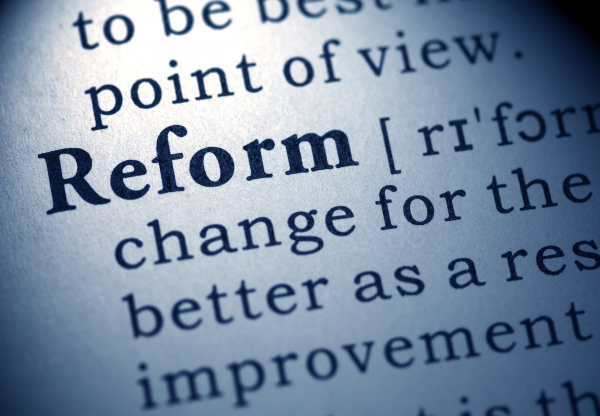Private health insurance companies have welcomed the federal government's commitment to reform in its 2021-22 Budget, particularly on policies for the reimbursement of medical devices.
The Budget included $23.1 million over four years from 2021-22 (and $2.1 million per year ongoing) to "modernise and improve the administration of the Prostheses List" (PL).
It also included a number of other reforms to the private health sector, including $303.9 million in savings over four years from the continuation of the current policy settings for the income thresholds for the Medicare Levy Surcharge (MLS) and Private Health Insurance Rebate. The government announced it will review these MLS settings.
The government will also provide funding for an independent study to investigate private hospital default benefit arrangements and $0.9 million over two years to improve Private Health Insurance program modelling capabilities.
Private Healthcare Australia welcomed the announcements while the Medical Technology Association of Australia said it remained "optimistic" about the direction of reform of the PL.
"We know there are more savings that can and should be delivered to our customers through prostheses reform," said incoming Medibank CEO David Koczkar.
"Australians with private health insurance have been paying too much for prostheses for far too long.
"The price of medical devices in Australia is around 30% higher than in New Zealand, France and the UK.
"It's encouraging the Government is committed to continuing prostheses reform and to ensuring private health insurance customers are paying a fair price for medical devices."
The company said with medical device reforms underway since 2017 it expects to pass around $100 million in cumulative savings to customers over the four years to 2021.
"We have already passed on over $80 million to our customers from expected lower prostheses savings since 2017," it said.
Teachers Health CEO Brad Joyce also welcomed this week's Budget.
"It’s a great outcome for Australian households and for Teachers Health members. As a not-for-profit health fund, we are committed to passing on any genuine savings that we are able to realise from these pricing reforms to our members," he said.
"Australians pay some of the highest prices in the world for medical devices. A recent Members Health Fund Alliance investigation found Australians are paying up to $4,200 more for the same medical devices as patients in France."
Mr Joyce added, "Changes to medical device pricing will not affect the quality or accessibility of devices that doctors can recommend. The main impact will be on the medical device industry, namely the reduction of the exorbitant profits they’re currently making."
Emily Amos, Bupa Health Insurance managing director said, “These proposed changes are a win for Australian consumers and will help to ensure fair and affordable healthcare without limiting choice, quality or accessibility of medical devices. We are committed to passing on every single dollar saved through these reforms to directly benefit customers.”
“Currently in Australia, a stem used in hip replacements is more than $4,000 or double what patients in New Zealand or the UK pay. In many cases, Australians can pay up to five times what patients around the world pay for medical devices.
“The faster we can implement these changes, the sooner the savings will flow through to customers. We look forward to seeing the full details of the plan and working with government and industry to ensure a fair outcome for Australian consumers,” said Ms Amos.
